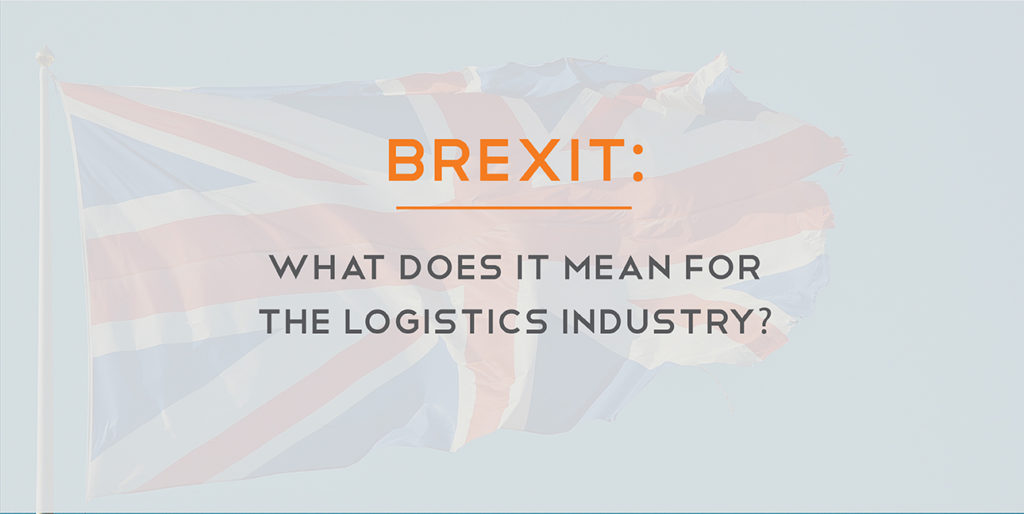On June 23, 2016, 51.9% of participating voters in the United Kingdom, totaling more than 17.4 million people, voted to leave the European Union (E.U.), an economic and political partnership involving 28 European countries. The historic polling decision, officially known as “Brexit,” shocked much of the free world, and many in the U.K. who did not think it would pass.
On March 29, 2017, the U.K. government invoked Article 50 of the Treaty on the European Union, meaning the U.K. is due to leave the E.U. at 11:00pm U.K. time on March 29, 2019, exactly one year from today.
Those who voted to leave the E.U. were motivated by an issue of sovereignty for the U.K., and wanted to ensure that other countries were not determining their country’s economic future. With negotiations between the U.K. and E.U. still underway, and nowhere near finished, there has been much uncertainty about what the long-term effects will be on the overall economic climate and different industries, including supply chain and logistics.
Effects on Logistics
As an international logistics company, TOC Logistics has roots all across the globe. With our footprint reaching into Europe, our team has been staying apprised on Brexit and what this may mean for our overall success and efficiencies. According to a survey by the Chartered Institute of Procurement & Supply (CIPS), “British companies are raising prices and plan to reduce headcount, while firms based in the EU switch suppliers and move operations elsewhere.”
The pullout of companies and changing of suppliers by those in the E.U. seems to be more of a political statement, rather than a decision made for economic reasons. In terms of the logistics industry, the physical supply chain will not be changing with Brexit. The same roads, tunnels, planes, trains, and other modes of transportation still exist and will be used. However, the additional customs checks after Brexit could potentially lead to trade disruptions, delays, and added costs.
Effects on U.K. Business
Many U.K. companies are finding it difficult to maintain contracts or win new business in the E.U. since the Brexit vote. This downturn in business retention has left many with little choice on whether or not to raise their costs. The value of the pound is down 12.27% against the euro since voters backed Brexit, and this current shift has raised input costs for many British businesses. However, the current value of the pound is an expected result of the European Union economy that was not prepared for countries to pull out of their financial market. These new values are being predicted based on how investors are temporarily protecting their assets. Once the dust settles from Brexit, the pound will likely increase in value on its own merit. In an understanding that everything will not be fully finalized one year from now, the U.K. and E.U. have agreed on a 21-month “transition period” after the U.K. officially exits on March 29, 2019, during which final details can continue to be worked out.
TOC Logistics works all across the globe, and we constantly keep our finger on the pulse of changing policies, political climates, and fluid global economies. We strive to ensure we are providing our customers with the most cost-effective solutions for their logistics needs, and we will continue to monitor the Brexit situation for the years to come to provide the best service to our clients.

